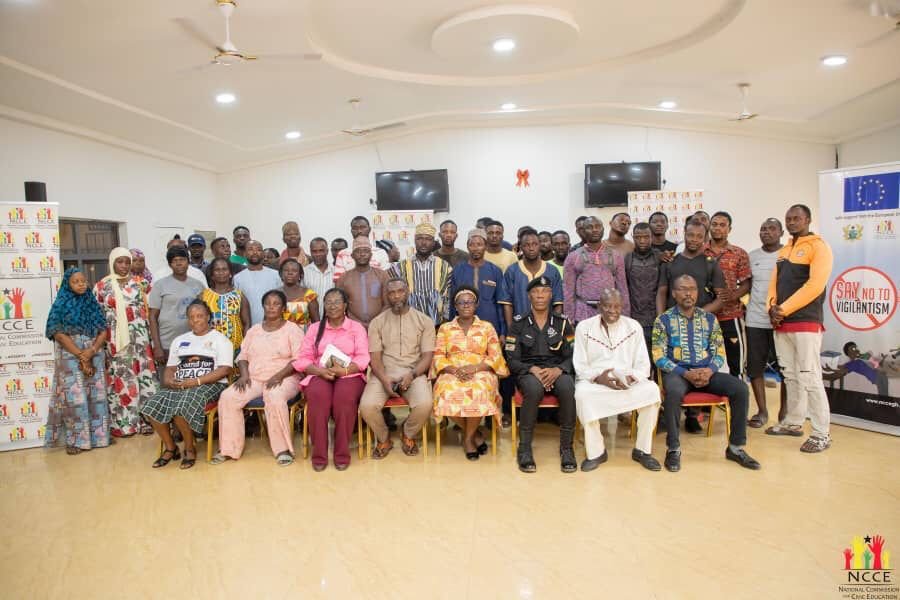Agriculture lobby groups have been in constant contact with a small group of influential European politicians, holding an average of more than two meetings a week while the bloc negotiated flagship reforms to protect nature and climate.
Between January 2020 and July 2023, over 400 meetings took place between industry and key members of the European Parliament (MEPs) who have been at the forefront of efforts to stall reforms since the Farm to Fork strategy was launched in 2020, an investigation by DeSmog found.
DeSmog documented meetings held by six MEPs from the centre-right European People’s Party (EPP), the largest group in parliament.
The analysis found that in the period the lawmakers — Alexander Bernhuber, Herbert Dorfmann, Norbert Lins, Christine Schneider, Franc Bogovič and Anne Sander — met industry-linked groups eight times as often as non-governmental groups representing public interests.
Groups that were granted an audience included the world’s four largest pesticide firms Bayer, BASF, Corteva and Syngenta along with fertiliser firms Yara and OCP Group, trade groups that represent the meat and dairy industry and farming unions allied with industrial interests, such as Copa Cogeca.
The analysis also showed that five-out-of-six representatives appeared to flout EU transparency guidelines. Around 20 percent of the MEPs’ meetings were with unregistered groups, and at least one-in-six meetings documented by DeSmog was not declared on the parliamentary website.
The EPP is vociferously opposing two major pieces of legislation from the EU’s Green Deal, a historic package by the bloc to reduce its emissions in line with global climate targets. It includes key reforms that are currently making their passage through Europe’s lawmaking bodies. If passed, both could have a significant impact on agribusiness’ commercial interests.
The first, the Nature Restoration Law, includes plans to restore 20 percent of degraded ecosystems in the EU. The second, known as the Sustainable Use Regulation, or SUR, would see pesticide use halved by 2030.
The findings come at a crucial time for environment-friendly laws in Europe, which scientists say are critical to securing the bloc’s food supply and tackling both climate breakdown and biodiversity collapse. Agriculture accounts for around 11 percent of carbon emissions in the EU, and farming has been linked to drastic declines in bumble bees and other wild pollinators.
Parliament’s agriculture and environment committees will vote on the pesticide reduction plan on the 9 and 24 of October respectively. Final negotiations are ongoing for the Nature Restoration Law — parliament voted to exclude farmland in July but the final iteration has yet to be negotiated with the Council.
DeSmog’s findings follow a sustained lobbying effort by industry to derail both laws. The EPP also stands accused of “blackmailing” its MEPs into opposing the Nature Restoration Law, and promoting “fake news”, allegations that party leader Manfred Weber denies.
DeSmog’s analysis also found that cumulatively since 2020 between them the six selected politicians had taken part in the equivalent of more than one event a month that was organised, or sponsored by, agribusiness lobby groups — some of which were hosted in parliament.
“These statistics raise huge concerns but are hardly surprising,” said Vicky Cann from transparency watchdog Corporate Europe Observatory. “The big farming lobby, the agrochemical industry and conservative politicians closely work together in order to keep the untenable and unfair status quo in EU farming as long as possible — to the detriment of all.”
Slovenian MEP Franc Bogovič said he does not take orders from industry groups. “I’m a farmer and … I’m an agricultural engineer and I have my own opinion,” he told Politico. “I really don’t need their opinion on this. I have my own clear view of what is possible and what is not possible in agriculture.”
None of the other MEPs included in the study responded to DeSmog’s request for comment.
Key decision-makers
The six MEPs all sit on key decision-making committees for the green agricultural policies such as AGRI, the European Parliament’s committee on agriculture issues, and ENVI, its counterpart for the environment.
Overall, more than 70 percent of the meetings declared by them during the period were with industry groups, including pesticide manufacturers, food companies and farm lobbies.
Plotted over time, the meetings spiked in and around key votes on the times nature-friendly legislation was due to be debated.
The analysis found that German politician Norbert Lins, who is chair of AGRI, held 169 meetings with corporate groups relating to food and farming — compared to just 19 with non-governmental organisations.
Italian politician Herbert Dorfmann, the EPP coordinator on the AGRI committee, had the highest mismatch — 91 percent of all his declared meetings were with industry groups.
Scientists who support the nature-friendly plans requested meetings with multiple MEPs ahead of parliament’s vote on the Nature Restoration Law, DeSmog understands.
However, Guy Pe’er, an ecologist at the department of ecosystem services in the German Center for Integrative Biodiversity Research and at the Helmholtz Centre for Environmental Research, told DeSmog that only two EPP representatives — Christine Schneider and Peter Liese — agreed to meet with the academics.
AGRI Chair Norbert Lins and EPP leader Manfred Weber were among multiple lawmakers from both EPP and Renew who refused or ignored their requests.
“Science has been ignored and put aside,” Pe’er said. “We know that ecosystems are collapsing, with major risks to us as well,” the scientist Guy Pe’er said. “The question is: why is there such a glaring gap between the knowledge about what needs to be done and action by politicians?”
“As a group Renew has been very careful to hear all sides of the debate on the nature restoration law. Indeed, it was our group that pushed for the compromise that eventually found a majority in plenary,” Renew told DeSmog in a statement. “It is not, however, our group’s role to tell MEPs who they should or shouldn’t meet in the lead-up to a vote nor where they get their information.”
The EPP did not respond to multiple requests to comment. But the party levelled similar accusations at its critics in a post on X (formerly Twitter), writing in June: “Those who accuse us of being against nature and the fight against climate change are simply spreading fake news. Our votes were crucial in adopting 29 laws to make the #GreenDeal successful”.
With European elections due in June 2024, experts say that decisions made now will set the tone for parties across Europe. Officials have warned that the failure of biodiversity-focused lawmaking could leave Europe’s wider Green Deal plan to become carbon neutral by 2050 in jeopardy.
A longer version of this story was originally published by DeSmog, you can follow their excellent work here.




















Discussion about this post